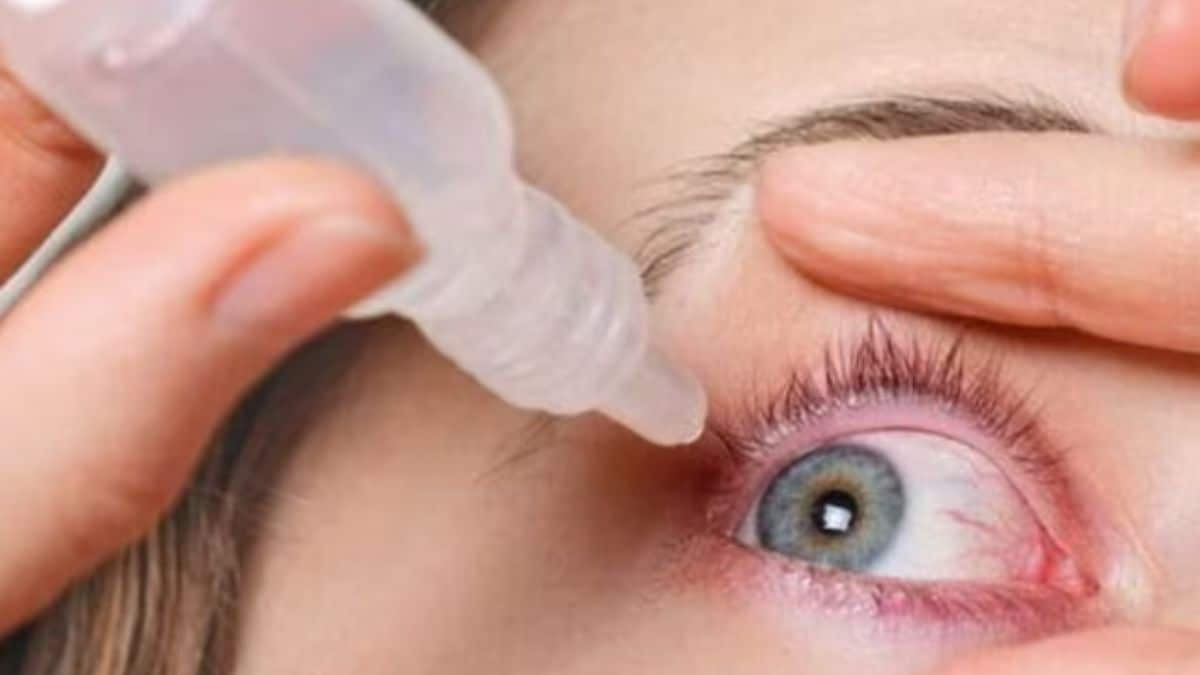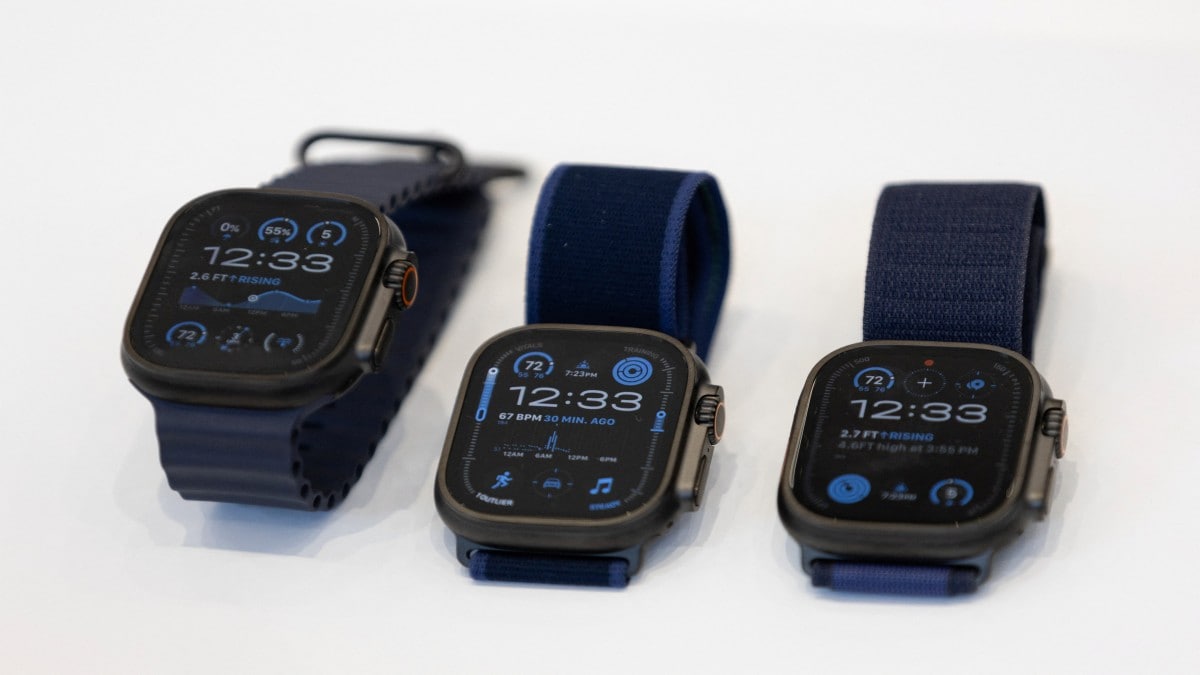Contrary to the common notion, a study has shown that greater internet usage improves the well-being of an individual. The study cautions against ‘one-size-fits-all’ solutions amid the heated debate over the possible negative effects of internet read more
)
The findings are relevant to the current heated debate over the possible negative effects of social media in particular and the internet on people's well-being. Pixabay/Representative Image
Using the internet may be good for you.
Contrary to the common notion about internet usage, a global study has said that internet use is linked to increased well-being around the world.
The research was published on Monday in the American Psychological Association’s Technology, Mind, and Behaviour journal.
The findings are relevant to the current heated debate over the possible negative effects of social media in particular and the internet on people’s well-being.
Let’s take a closer look.
Internet use = greater wellbeing
A team of researchers at the University of Oxford examined data collected over 15 years from 2.4 million individuals, aged 15 to 99, across 168 countries to determine whether frequent internet use and online access had a positive or negative impact on well-being, as per The Guardian.
They used over 33,000 statistical models to examine a wide range of potential correlations while accounting for influencing factors like relationship status, wealth, education, and health issues.
The findings indicate that higher measures of the various dimensions of wellbeing were typically predicted by internet access, and mobile internet use, with 84.9 per cent of associations between internet connectivity and well-being being positive, 0.4 per cent being negative, and 14.7 per cent not statistically significant.
Though the study was unable to establish a cause-and-effect relationship, the researchers did learn that internet users had 8.5 per cent higher life satisfaction scores.
Speaking about limitations, the research also did not examine how long participants spent online or what they used it for, and it’s possible that certain variables that could have explained correlations were overlooked.
Eight factors were used in the study to measure wellbeing: life satisfaction, daily good and negative experiences, two measures of social wellbeing (which is related to feeling safe and enjoying your home), physical wellbeing, community wellbeing, and experiences of purpose. Social media use was not examined, other factors such as income, education, and health were taken into account.
“It’s a bit cliché, but extraordinary claims require extraordinary evidence,” The Independent quoted Andrew Przybylski, professor of human behaviour and technology at the Oxford Internet Institute (OII), as saying.
“And if we’re to make the online world safer for young people, we just can’t go in guns blazing with strong prior beliefs and one-size-fits-all solutions. We really need to make sure that we’re sensitive to having our minds changed by data, and I really hope that that message comes through instead of just another volley, in another silly debate,” he said.
He believes there will come a time when people will be more concerned with the next thing than with the usage of social media and the internet by young people.
According to Dailymail, assistant professor Matti Vuorre from Tilburg University, and a previous research associate at OII, said, “We were surprised to find a positive correlation between wellbeing and internet use across the majority of the thousands of models we used for our analysis.”
“Overall, we found that average associations were consistent across internet adoption predictors and wellbeing outcomes, with those who had access to or actively used the internet reporting meaningfully greater wellbeing than those who did not,” Professor Przybylski said, as per The Independent.
“We hope our findings bring some greater context to the screen time debate, however, further work is still needed in this important area. We urge platform providers to share their detailed data on user behaviour with social scientists working in this field for transparent and independent scientific enquiry, to enable a more comprehensive understanding of internet technologies in our daily lives.”
Also read: New York City declares social media as public health hazard. Is it that harmful?
Experts’ opinion
The University of Vienna’s Tobias Dienlin, a researcher on the impact of social media on wellbeing, told Nature that the study “cannot contribute to the recent debate on whether or not social-media use is harmful, or whether or not smartphones should be banned at schools.”
He added, “Different channels and uses of the Internet have vastly different effects on well-being outcomes.”
Safe internet or safe social media do not yet exist, according to The Guardian, which quoted Dr Shweta Singh, an assistant professor of information systems and management at the University of Warwick who was not engaged in the study.
She noted reports that cases of “sextortion” in Canada had reached a new high, with teenage boys being particularly affected. “As much as I love to agree with these findings and really wish they are true to totality, there is unfortunately counter-evidence and arguments which suggest that is not necessarily the case,” she said.
Professor Simeon Yates of the University of Liverpool stated that while there has been a lot of attention paid to the negative aspects of using the internet, there are positive aspects as well, albeit with more nuances in both than the most recent study was able to show.
“Just because people are quoting a higher level well-being, it doesn’t mean therefore that no negative things are happening to them online,” he said, as per The Guardian.
Professor Kevin McConway, a statistician, described the findings as very “broad brush” but yet helpful.
“It’s a starting point, and if nothing else it casts very serious doubt on the view, held by some people, that the Internet is bad for us all,” he said, according to BBC.
With inputs from agencies

 4 months ago
23
4 months ago
23


















)
)
)
)
)
)
)
 English (US) ·
English (US) ·